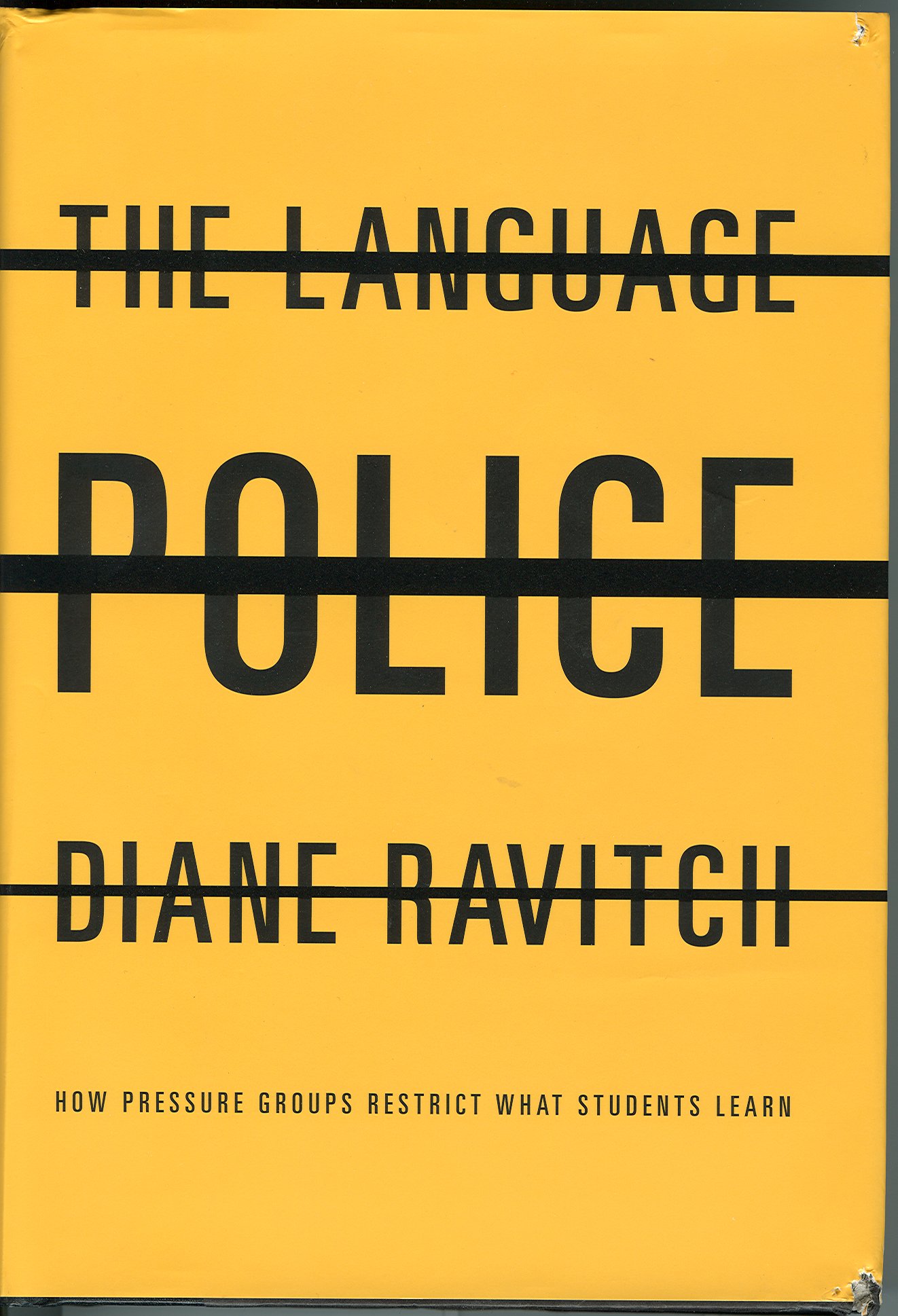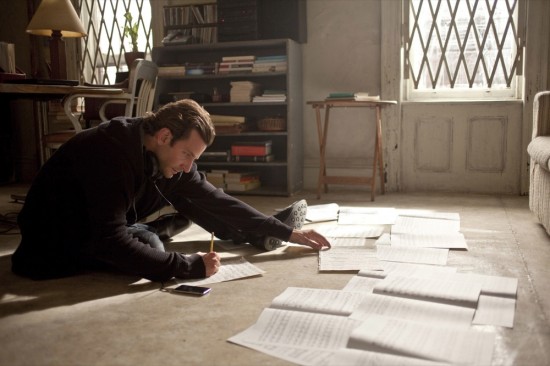This was on the Bridge Magazine website and then on Eaten By Ducks, and now hopefully here for the duration.
________________________________
 In a school…you are forced to read a hideous imposture called a school book, written by a man who cannot write: a book from which no human being can learn anything: a book which, though you may decipher it, you cannot in any fruitful sense read, though the enforced attempt will make you loathe the sight of a book all the rest of your life.
In a school…you are forced to read a hideous imposture called a school book, written by a man who cannot write: a book from which no human being can learn anything: a book which, though you may decipher it, you cannot in any fruitful sense read, though the enforced attempt will make you loathe the sight of a book all the rest of your life.
— George Bernard Shaw, Parents and Children
In America today, the emotion most associated with children is not love or tenderness, but righteous indignation. Indeed, now that it’s no longer acceptable to refer to “our women” or “our darkies,” the phrase “our children” has become the preferred shibboleth of reformers, therapists, politicians, pundits, and other petty dictators. Anti-gun, anti-porn, anti-drug, pro-life — we may not have a chicken in every pot, but at least we’ve got a child on every poster.
Enter Diane Ravitch, education policy wonk in the Herbert Walker Bush and Clinton administrations. One day, Ravitch was going her happy, wonkish way, advocating national tests and excellence for all, when she had an epiphany: standardized tests, she realized, were fucking boring. Soon after, she discovered that textbooks weren’t any good either. She was, of course, shocked, shocked, and also appalled. As she herself noted, with touching naivete:
Like others who are involved in education, be they parents or teachers or administrators or journalists or scholars, I had always assumed that textbooks were based on careful research and designed to help children learn something valuable. I thought that tests were designed to assess whether they had learned it.
I don’t know about parents or teachers or “scholars,” but most students are perfectly aware that textbooks are stupid and that standardized tests are pointless. Ravitch does claim to have children of her own and was once, presumably, a child herself. Like many professional educators, however, she seems to have had those memories surgically removed.
Be that as it may, beneath Ravitch’s innocent veneer lurks a PR juggernaut. Reviewers have reacted to her latest book, The Language Police, with all the grim, self-satisfied enthusiasm of a school counselor diagnosing ADD. Ravitch boasts that she has yet to receive a negative notice, and she must be one of the few authors ever to earn accolades in both Mother Jones and The Wall Street Journal. This unanimity becomes more comprehensible once you realize that Ravitch’s book contains both numerous paeans to free speech and an ostentatious lack of bias, two qualities that appeal strongly to every journalist’s reptile hind-brain. Thus, The Language Police blames the failure of our schools on censorship, and goes on to argue that this censorship has been put in place by two of the most hated groups in our society — the politically correct left and the radical religious right. Meddling east coast do-gooders and ignorant southern Bible-thumpers have apparently formed an unholy alliance to scuttle plans for a rationalized curriculum.
As conspiracy theories go, this one is actually rather plausible. The far left and far right do have a strong negative influence on educational materials, with unfortunate, not to mention bizarre, results. It is in chronicling these that Ravitch is at her best. She explains how, in a national reading test on which she worked, a passage describing owls was rejected by a “sensitivity review panel” on the grounds that some Native American cultures view owls as taboo. A passage about dolphins was rejected because not all students live near oceans. The content of textbooks faces similar restrictions: Houghton Mifflin’s influential 1981 bias guidelines, for example, require writers to give equal representation to men with beards and men who are bald. And both textbooks and tests must avoid any mention of abortion, cockroaches, death, criminal behavior, evolution, politics, religion, etc. etc. etc. According to Ravitch, “Our nation prides itself on the principle of freedom of speech contained in the First Amendment…. Yet the practice of censorship…has been widely accepted for many years within the educational publishing industry as the normal way of doing business.”
Being outraged at this sort of thing is fun for everyone, and certainly the educational publishing industry routinely produces materials that combine the deft prose of appliance instruction manuals with the piercing analysis of a USA Today article. Still, fair is fair, and denouncing these companies for practicing censorship is ridiculous. Anybody who actually writes educational materials – as I do — knows that textbooks aren’t works of art. Nor are tests personal expressions of religious beliefs. They’re work-for-hire, like greeting cards or advertisements. Now, you can argue that forcing someone to read a greeting card for six hours a day is a monumentally inane thing to do. You can point out that making children memorize advertising copy is a fair definition of sadism. But you can’t very well cry “censorship!” because a greeting card is boring, nor can you blame the inanity of an advertisement on a violation of its creator’s Constitutional rights. As millions of Americans discover every time they turn on the Internet, free speech is not necessarily interesting or informative speech. Or, to put it another way, if given the opportunity to say whatever they want, people, and especially corporations, often choose to be vapid.
All of which is beside the point, since nobody actually believes in freedom of speech anyway. Certainly Ravitch doesn’t. As she puts it, “Clearly there must be some commonsense limitations on what people — especially schoolchildren — see and hear.” Ravitch’s caveats are more or less what you might expect: nothing “obviously pornographic,” no scenes of battle-torn bodies, no “sectarian readings,” no vicious racism or sexism. Ravitch justifies such strictures on the grounds of “good taste, judgment, and appropriateness,” and points to daily newspapers as a possible model for our educational materials. The suggestion that our nation’s famously ignorant, mercenary, and cowardly press should be touted as a blueprint for anyone or anything is worth a passing chuckle; even if journalists were in fact the paragons of disinterested wisdom that Ravitch seems to think they are, however, “commonsense” censorship is still censorship, precisely because one person’s “good taste” is another person’s abomination. Fundamentalists see much sex ed as pornographic; on the other hand, pacifists might argue that students should, in fact, be shown graphic images of what happens to the human body in wartime. The question, then, is not one of free speech vs. censorship, but of which career meddlers get to test their theories on the young folk — conservative yahoos like Jerry Falwell, liberal yahoos like bell hooks, or centrist government apparatchiks like Ravitch.
It should come as no surprise, therefore, that, despite Ravitch’s claim that she “trusts teachers,” she recommends tighter state and national learning standards, and more government-sponsored testing: all practices which would limit options and stifle creativity far more effectively than do crappy textbooks. Still, it is a little hard, given the frantic jerking of Ravitch’s right hand, to figure out exactly what it is she thinks she’s doing with her left. If free speech isn’t what she’s got there, then what exactly is at issue?
Ravitch seems ignorant of the answer herself, which has the inevitable effect of making her pronouncements somewhat muddled. Often she conveys nothing except a desire to have her bipartisan compromise and eat it, too — as when, for example, in the same paragraph, she demands that history texts condemn human rights violations and avoid moralism,. At other times she is handicapped by not having any idea what she is talking about, as in her blithering, knee-jerk attacks on all of popular culture; or in her belief that our segregated, stratified school system would become an engine of social equality if only students learned more about the Founding Fathers; or in her dewy-eyed assertion that the blandly inaccurate Eurocentric textbooks of yesteryear were somehow superior to the blandly inaccurate multi-cultural textbooks of today. Still, there are moments when Ravitch does rise to rhetoric, if not to a rationale. Check out, for example, the moving statement of faith below, complete with swelling strings and a slow dissolve to the flag:
Not only does censorship diminish the intellectual vitality of the curriculum, it also erodes our commitment to a common culture. It demands that we abandon our belief in e pluribus unum, a diverse people who are continually becoming one. The common culture is not static; it evolves to reflect the people we are becoming. But even as it changes, it preserves the memory of ‘we the people’ in song and story; whatever our origins, we too become part of the American story, neither its first nor its last chapter. We are not strangers, and we do not begin our national life anew in every generation. Our nation has a history and a literature, to which we contribute. We must build on that common culture, not demolish it. As our common culture grows stronger, as we make it stronger, so too grows our recognition that we share a common destiny.
Beneath the overwrought, overfamiliar stump-speech, Ravitch is laying her cards on the table. Education, it seems, is not, ultimately, for the good of the individual student, but for the good of the “common culture.” We make it stronger, not the reverse. And for what purpose are we spending our time propping up this strangely feeble culture? Why, to better appreciate our “common destiny” — a sunlit, democratic future, presumably, in which every American will have the right to answer multiple-choice questions about Silas Marner and feel good about it.
Ravitch, then, is a visionary: as she says sneeringly of the Puritans on right and left, she wants to create a “perfect world.” Unfortunately, like many utopians, Ravitch loves humanity but doesn’t care much for human beings — at least not when they’re under 18. Despite her emphasis on the unhampered interchange of ideas, it never seems to occur to her that a student might have something interesting to say. Thus, she scornfully dismisses the practice of including student essays in literature textbooks, since, of course, no student writing could possibly be as accomplished as that of, say, a hack writer of clumsy thrillers like James Fennimore Cooper. So much for high expectations. Even more invidious is Ravitch’s assumption that each student is an interchangeable, hollow vessel, into which the state must pour expert-approved content, lest the student instead be “molded by the commercial popular culture.” Thus, Ravitch solemnly intones, “A child who is suffering because of a death in the family is likely to gain more comfort from reading a poem by John Donne or Ben Jonson or Gerard Manley Hopkins than from reading banal teen fiction about a death in the family.” To which the only possible response is, says who? And furthermore, is it really the goal of our educational system to proscribe how a child responds to tragedy? Are we now going to start grading our students on how they grieve? If that’s not a totalitarian idea, I don’t know what is.
Schools are, of course, totalitarian places. Ravitch and teachers everywhere always talk about “opening doors,” but it doesn’t take an overly bright child to observe that the doors of the school building are shut. We claim we want students to be creative and intellectually curious, but when they draw graffiti designs in their notebooks, or write about drugs or sex or suicide in their literary magazines, they are compulsively censored and often punished. There is a contradiction at the heart of our educational system between teaching children what to think and teaching them to think. Are we providing students with skills to pursue their interests and think critically about their culture and their lives? Or are we trying to make them think the way we do — to make them into Christians, liberal humanists, or Hemingway enthusiasts? This is one instance where there is no “moderate” position — we can’t have it both ways. If we want our children to be intellectually free, we need better-paid, more qualified teachers who have the time and resources to treat students as individuals with differing interests, aptitudes, and opinions. And if we want our children to be obedient drones, then the least we can do is stop our hypocritical whining about “freedom of speech.” The only thing worse than being managed by a bureaucratic functionary is being managed by a bureaucratic functionary who claims to have your best interests at heart.





